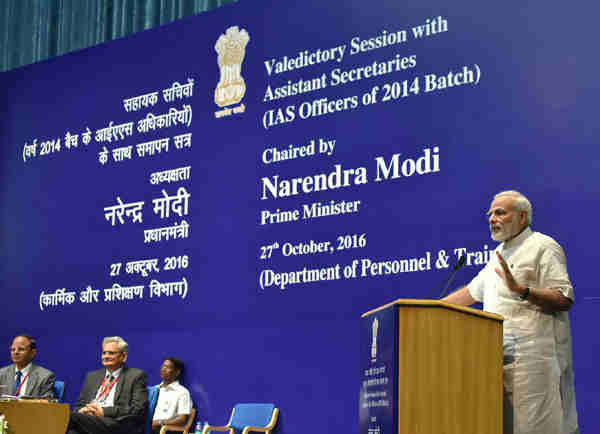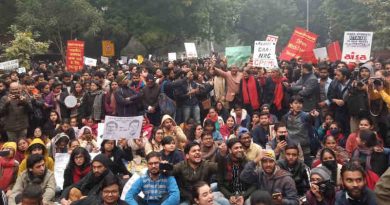Is the IAS Concept Still Relevant for India?

If after even seven decades of its independence, India is still an underdeveloped country, it is mainly because politicians and bureaucrats such as IAS (Indian Administrative Service) officers are clueless about the evolving paradigms of governance.
Although Indian ministers in different departments rely on IAS officers who occupy top positions, the IAS officers – like ministers – lack domain expertise to run an office efficiently particularly in today’s competitive world.
While the IAS concept has completely lost its relevance in the fast-paced technology-driven world, Indian rulers don’t have courage to replace all such bureaucrats with domain experts.
[ India: Civil Servants or Uncivil Masters? ]
In a country where graduates, postgraduates and even Ph.D. degree holders fail to get even peons’ jobs, these simple graduates become bureaucratic rulers and treat the commoners like slaves.
As part of their Valedictory Session as Assistant Secretaries, IAS officers of the 2014 batch today made presentations before the Prime Minister of India Narendra Modi.
According to a government statement, 8 selected presentations on various themes of governance were made by the officers. The themes include DBT, Swachh Bharat, e-Courts, Tourism, Health and Satellite Applications in Governance.
[ आओ मिल कर करें एक नये और समृद्ध भारत का निर्माण ]Speaking on the occasion, the Prime Minister complimented the young officers, for their “in-depth presentations.”
He said the attachment of IAS officers as Assistant Secretaries with the Union Government, had been envisaged as a mechanism that would bring the best out of the blend of youth and experience.
Modi also said that the results as presented today, gave him satisfaction that this vision was well on the road to realization.
[ Can Government Check Corruption in Delhi Housing Societies? ]
The Prime Minister urged the officers to inculcate team spirit, and work towards breaking silos, in whatever capacity they serve.
Stating that politics should never override policy, Modi urged the officers to use two touchstones to help them in their decision-making: (a) that the decisions should never be counter to national interest, and (b) that the decisions should not harm the poorest of the poor.
Photo courtesy: Press Information Bureau






